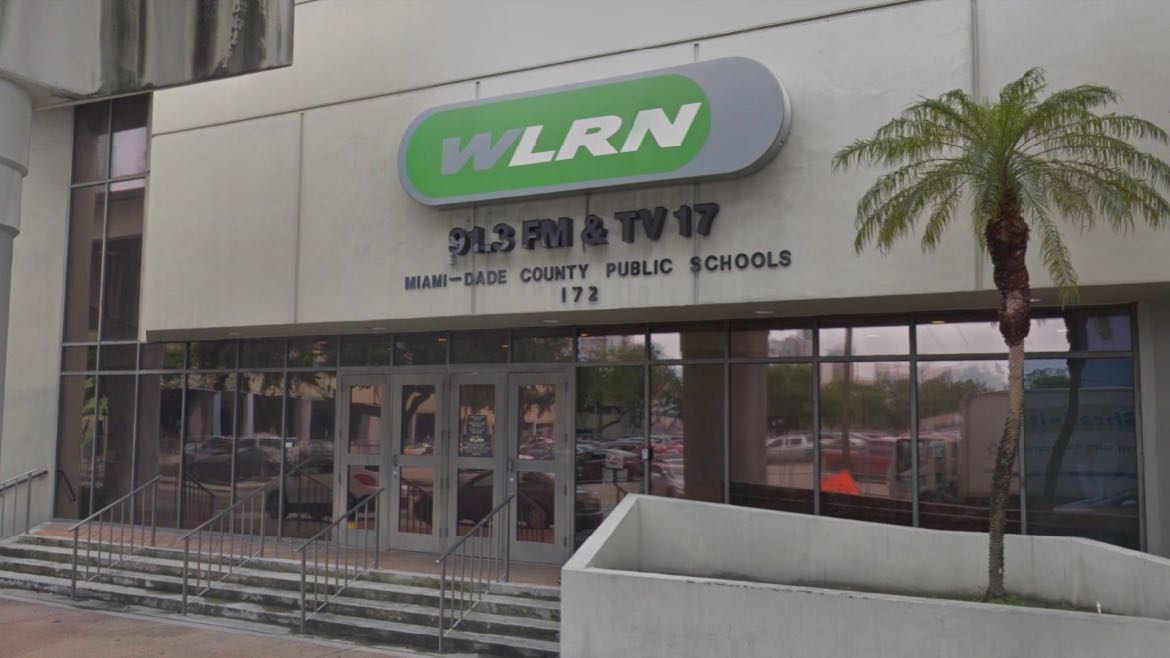Phase-out of state aid proposed in R.I., Oklahoma
Pubcasting networks continue to deal with the uncertainties of state funding in economically and politically precarious times, closing offices, facing possible cuts and bracing for the consequences.
Rhode Island: Gov. Lincoln Chafee’s latest budget, unveiled Jan. 31, proposes eliminating state funding to Rhode Island PBS by fiscal year 2014. Support would fall from around $933,000, about a third of the station’s budget, to $425,000 next fiscal year, then zero out. “He’s basically given us until Dec. 31, 2012, to figure out our independence from state funding,” Rhode Island PBS President David Piccerelli says. “With $900,000 gone, we’d have to come up with deep, deep cuts, ultimately in personnel, or a wealthy godmother or godfather in the community — probably a combination of both.”
The state licensee employs 19 at its fundraising foundation, 15 at the station and 17 overseeing production of the three public, education and government channels it runs. Budget discussions with the governor’s office continue.
Oklahoma: A bill in the state Senate proposes zeroing out funding for pubcasting next fiscal year, while a bill in the House would eliminate funding over five years. Representatives of The Oklahoma Network (OETA), which operates 19 stations and translators throughout the state, have been meeting with lawmakers to discuss the prospects. “We think we have the votes, but you just never know,” says John McCarroll, OETA executive director. Many newly elected legislators have not weighed in on pubcasting funding before, and legislative leaders are torn between preserving funding and heeding the most conservative members, McCarroll says. Oklahoma’s governor has proposed keeping funding levels unchanged.
State funding for OETA has been dropping, from $5.2 million in fiscal year 2009 to $3.8 million this fiscal year, making up 41 percent of its budget. The network has already cut back on local news production in response to previous cuts, and a total loss of funding could require OETA to stop broadcasting to more remote areas of the state and cut even more local productions, McCarroll says.
South Carolina: South Carolina ETV closed its office in Beaufort, laid off its two staff members and ceased its local contributions to the state network’s programming. The layoffs stem from cuts in state funding that went into effect last year. The Feb. 2 closing will save SCETV about $180,000 annually, says President Linda O’Bryon. The network will continue to provide radio and TV service in the area despite the closing, and it will explore leasing the space.
Idaho: Idaho Gov. Butch Otter is recommending a no-growth operating budget for Idaho Public Television, said General Manager Peter Morrill, plus no capital funds for equipment replacement — a hard hit, as the network has not received its usual state appropriation for equipment for three years and requested $1.5 million for repairs and maintenance. Idaho is one of at least four states — along with North Carolina, Oklahoma and Maine — considering shutting down transmitters serving sparsely populated regions due to funding constraints. Still, Morrill is holding out hope. “It’s not unusual for the legislative branch to feel differently than the executive branch,” he said, and it’s still early in the budgeting process.
Kansas: Lawmakers shot down a bid last week to increase funding for state pubcasters. A House budget subcommittee had proposed adding $800,000 to the $600,000 given to pubcasting in Gov. Sam Brownback’s budget, reported LJWorld.com, but the Appropriations Committee nixed the addition. Kansas allocated $2 million to pubcasting this fiscal year.






